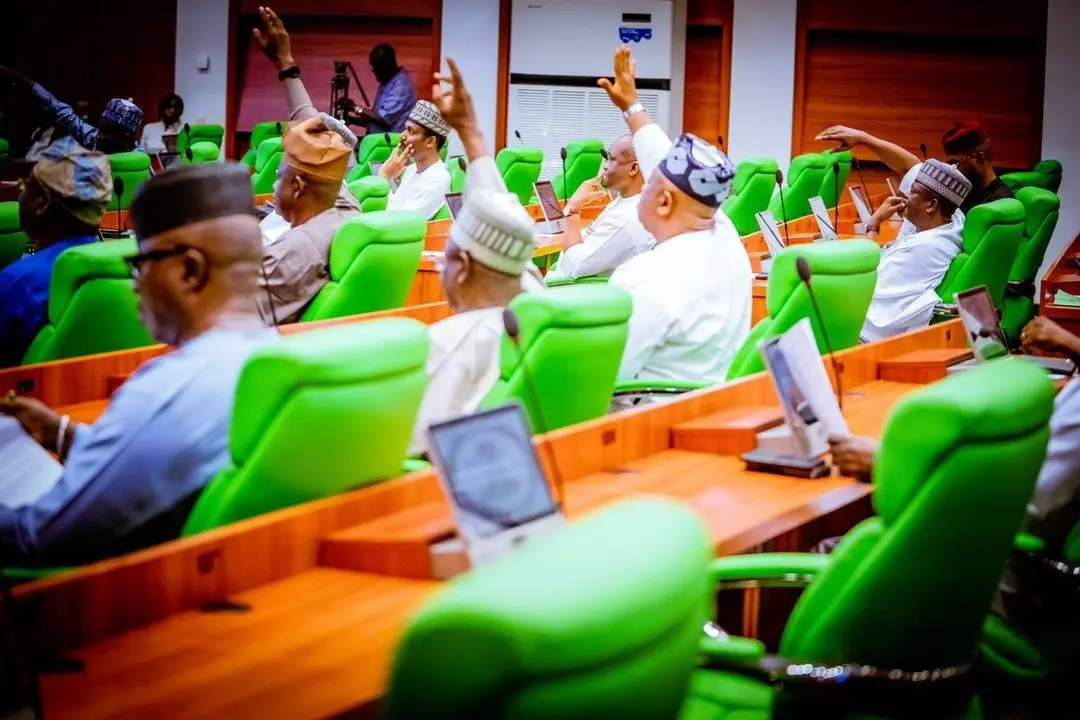In the political sphere, committees play a pivotal role in shaping legislative decisions, scrutinizing policies, and overseeing government agencies.
Often, rumors of discord and tension within these committees surface, leading to concerns about their efficacy and potential impasse.
However, lawmakers are keen to dismiss such rumoured rancour and highlight the significance of committees as crucial instruments for effective governance.
Understanding the Role of Committees
Committees are specialized groups composed of legislators that are tasked with examining specific issues or bills.

They provide a platform for thorough discussions, in-depth research, and analysis before any proposal reaches the legislative floor for voting. By harnessing the collective expertise of lawmakers, committees help ensure well-informed decisions are made, promoting transparency and accountability in the legislative process.
The Impact of Rumoured Rancour
Rumors of rancour within committees can have adverse effects on public perception and confidence in the government’s ability to function efficiently. The public often perceives such discord as a sign of disunity and political infighting, undermining the very essence of democratic governance.
In addition, these rumors might overshadow the valuable contributions that committees make in refining legislation, thus hindering the overall progress of policy-making.
Lawmakers’ Rebuttal
Despite the gossip surrounding committee dynamics, lawmakers insist that disagreements and debates are integral to the democratic process.
Differing opinions and viewpoints are expected when addressing complex issues, and the existence of dissent within committees should not be misconstrued as dysfunction.
Instead, it reflects a healthy democratic environment where lawmakers are committed to thoroughly deliberating matters before reaching a consensus.
READ ALSO: Katsina Governor Grants ₦2.7 Billion for Building 75 Secondary Schools
Committee Chairs’ Mediating Role
To address concerns related to potential rancour, committee chairs play a critical role in ensuring constructive discussions.
A skilled chairperson fosters an environment of respect, encourages open dialogue, and keeps discussions focused on the topic at hand.
Through their mediation, chairs steer committees away from unproductive conflicts and towards finding common ground to advance legislation effectively.
The Importance of Bipartisanship
Bipartisanship is a crucial aspect of committee operations, ensuring that legislation is not driven solely by party lines.
By incorporating perspectives from both sides of the aisle, committees can produce more comprehensive and balanced policies that benefit the nation as a whole.
The existence of constructive dissent, far from being detrimental, actually enhances the quality of legislation and prevents rushed decision-making.
Public Perception and Confidence
Lawmakers understand the significance of public perception and work diligently to address concerns surrounding committee efficiency.
Engaging in transparent processes, providing regular updates on committee progress, and explaining the rationale behind decisions can help bolster public confidence in the legislative system.
What You Should Know
Committees are the backbone of effective governance, allowing for detailed analysis and informed decision-making on crucial matters.
While rumors of rancour within committees may occasionally emerge, it is essential to view these with a balanced perspective. Healthy debate, dissent, and bipartisanship are inherent to the democratic process and ensure that policies are carefully scrutinized before implementation.
As lawmakers dismiss the alleged discord and focus on the fundamental role of committees, they reaffirm their commitment to democratic principles and effective governance for the betterment of society.



































































